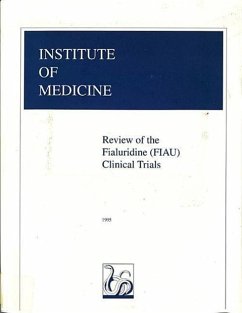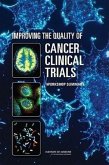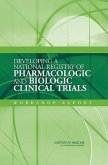In June 1993 a clinical trial of fialuridine (FIAU), a promising new medication for hepatitis B, was abruptly terminated when one of the 15 out-patients participating in the National Institutes of Health (NIH) study was suddenly hospitalized with liver failure. Although all the remaining patients were contacted and told to stop taking their medication, six more subsequently developed severe toxicity. Five patients died, and two others were probably saved from death only by having liver transplants. In response to a request from the Secretary of the Department of Health and Human Services, the IOM committee has analyzed the FIAU clinical trials, making recommendations for additional safeguards for the conduct of future clinical trials. This evaluation included the review of documents pertaining to investigational new drug submissions, protocols and consent forms from other clinical trials, as well as information available from other clinical and preclinical experience with compounds related to FIAU and its parent drug, fiacitibine (FIAC), which is metabolized to FIAU. The committee does not seek to affix responsibility for the adverse outcome of this NIH trial, but instead focuses on whether any rules or procedures governing the clinical trials process itself need to be changed, and if so, what burdens or costs such changes might place on future clinical trials.
Hinweis: Dieser Artikel kann nur an eine deutsche Lieferadresse ausgeliefert werden.
Hinweis: Dieser Artikel kann nur an eine deutsche Lieferadresse ausgeliefert werden.








